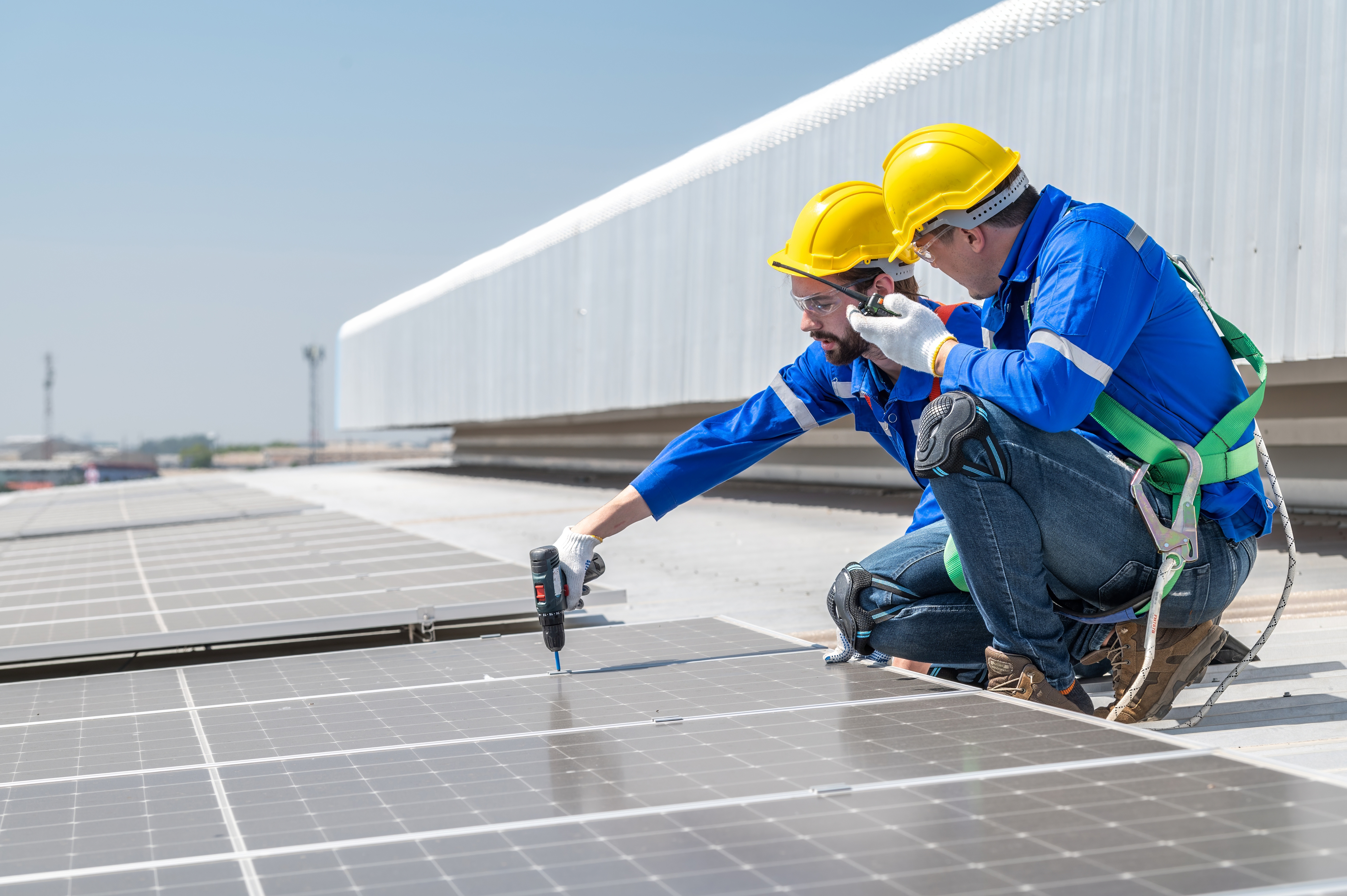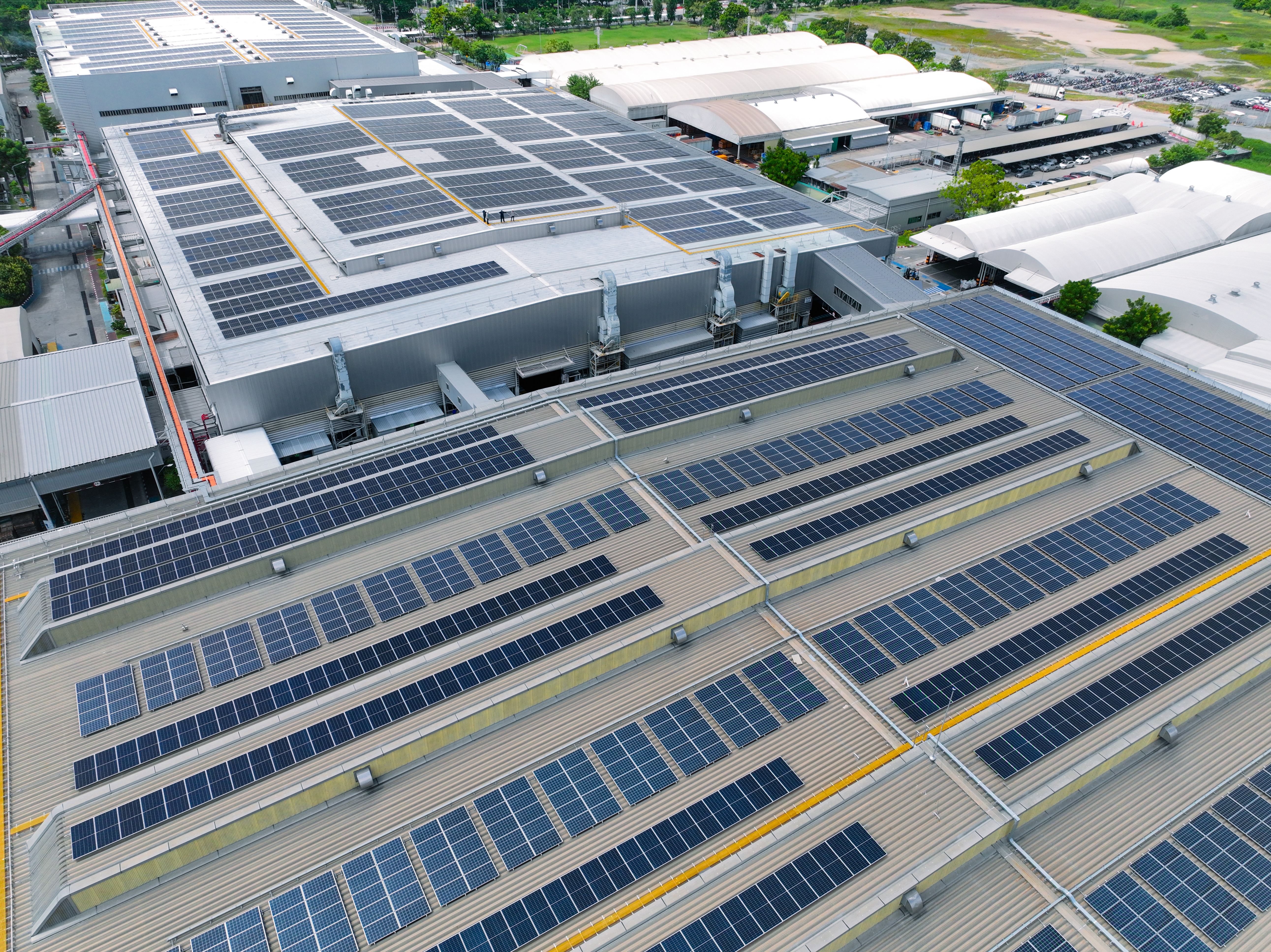
Companies worldwide are looking towards solar power for several reasons. Some of the biggest benefits of solar power are reducing expenses and achieving sustainability. Increasing energy costs have also encouraged businesses to shift towards eco-friendly operations.
However, most companies compute the return on investment (ROI) on the basis of obvious figures. They miss the bigger picture that could change everything. The real returns of a solar panel installation are in the details they fail to notice.
The Standard ROI Calculation
Most businesses measure solar returns by weighing installation costs against expected yearly energy savings. The equation usually includes standard figures, such as:
- A 20- to 25-year lifespan of panels
- The average cost per kilowatt-hour
- Any available incentives or rebates
This method gives companies an idea of their ROI, but it's rarely the whole picture. It often overlooks operational charges, tax opportunities, and regular maintenance. Hence, businesses risk underestimating the actual return or missing the factors that could slow it down.
Solar panel providers like World Solar NZ often supply these initial estimates through consultations. These discussions can help businesses understand their potential returns after a successful solar panel installation. Websites of reputable providers also have solar savings calculators to allow you to check potential savings estimates when using their panels.
Overlooked Factors That Impact ROI
When it comes to solar power, the difference between a good investment and a great one often comes down to what's included in the assessment. Businesses must see beyond the basic financial metrics when evaluating solar panel installations.
Long-Term Savings
Many businesses look at the initial price tag and stop there. Throughout the 20 to 25 years that solar panels last, the savings in electricity bills can amount to colossal amounts. With these savings compounded over the years, they end up paying for the initial cost many times over.
Incentives and Tax Credits
Government incentives, including tax credits, rebates, or grants, can also enhance ROI. Some businesses, however, are unaware of all the available options or don't take full advantage of them. Being aware of what's available in federal, state, and local programs can enhance the financial case for solar projects.
Maintenance Costs
Unlike other energy sources, solar systems typically don't need much maintenance. Any system is not completely maintenance-free, though. Companies using solar power should anticipate occasional cleaning, inverter replacements, or unexpected repairs. Accounting for these considerations early on creates a more accurate forecast and avoids future surprises.
Energy Price Inflation
Electricity costs rarely stay still. They've historically increased faster than inflation in most areas. This can benefit a business, as the electricity provided by solar panels becomes worth even more money in the long run. Electricity sector changes also offer more opportunities to save, particularly for homeowners with rooftop solar and batteries.
Financing Options
Whether a company pays upfront, leases the system, finances through a loan, or utilises a power purchase agreement, the financing method will directly impact the ROI of solar installations. Each of these options has varied costs, advantages, and tax treatments. So, companies must compare them carefully before committing.
Performance Degradation
Like other appliances or tools, solar panels lose their efficiency over time. This tends to occur between 0.5 to 0.8% annually. It's a natural process, but companies must consider it when estimating energy output and return. Warranty and performance guarantee coverages can safeguard their investment.
Environmental and Branding Benefits
A solar panel installation can raise a business's green profile and reinforce how customers and investors perceive its brand. Going solar can also align a business with broader sustainability objectives in places like New Zealand, where a green power future is a national agenda. Although these advantages might prove difficult to measure, they manifest in greater loyalty and marketability.
Energy Independence
Solar panels may shield companies from unexpected energy price fluctuations and power disruptions. Having power generated on-site translates to less dependence on the electricity grid. This is particularly priceless when there is high demand or a shutdown in the region.
Property Value Increase
Solar installations can also increase a commercial property's market value. Buyers tend to see a clean, reliable, and renewable energy system as an asset in the long run. This added value is not often accounted for in return-on-investment calculations but can significantly improve the overall return.
Special Considerations for Businesses

Several practical factors can make or break the success of a solar panel installation. One is climate and geographic location. A company's location determines how much sun its solar panels will get throughout the year.
Each location has varying regulations, utility needs, and incentive plans. These factors will either accelerate or extend the payback period.
Battery storage is also an option because it allows companies to utilise more solar energy directly rather than putting excess back on the grid. This can enhance energy autonomy and increase the value of each unit produced.
Site-specific conditions matter, too. Roof condition, available space, and shadows from nearby buildings all need careful evaluation before using a solar system.
Maximising Solar ROI
The best solar installations begin with a thorough energy audit. Audits reveal exactly how and when a business consumes electricity. A system designed around those patterns delivers better returns than a general package.
Businesses should consider partnering with a reputable solar installer, claiming every available incentive, exploring storage options, and monitoring system performance annually. These practices all help contribute to stronger results.
Final Thoughts
For businesses planning to shift to solar energy, it's crucial to understand the true ROI of a solar panel installation. Besides costs versus savings, it involves operational efficiencies, financial incentives, long-term market changes, and brand advantages.
Companies that take these hidden factors into account often find their solar investment delivers higher returns and benefits far beyond the utility bill. A complete view of ROI ensures the investment lives up to its full potential.







